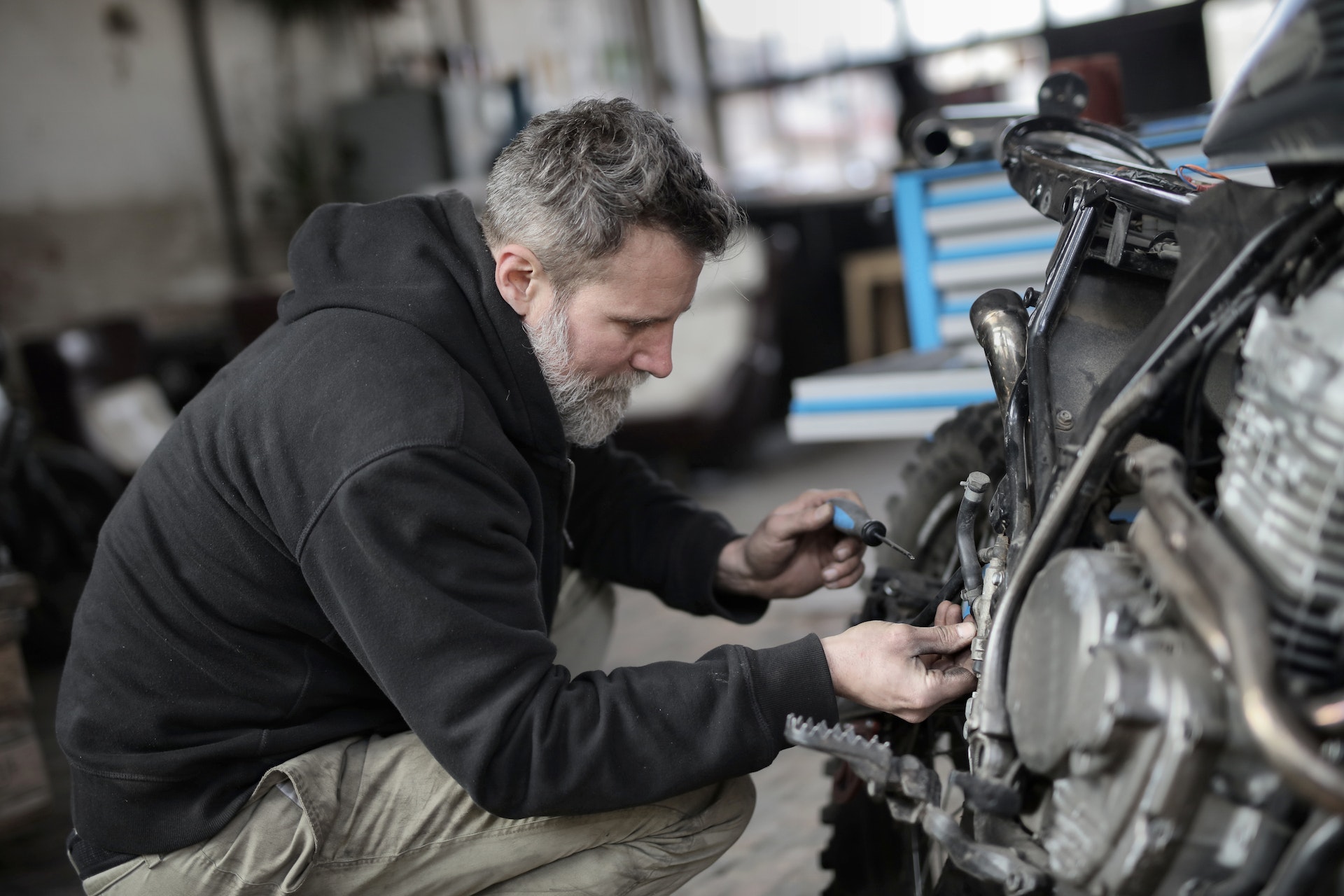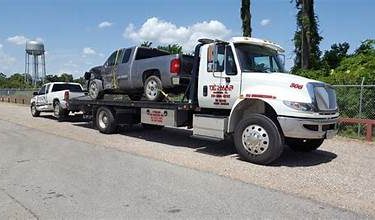The United Auto Workers (UAW) union has a history of being a key endorsement in US presidential elections. However, in the 2020 election cycle, the UAW took a wait-and-see approach, delaying the endorsement of a candidate until the primary season was well underway.
As the primary season progressed, the UAW remained largely neutral, despite pressure from both Democratic and Republican candidates to endorse them. Some UAW members and leaders publicly supported candidates, but the union as a whole did not make a formal endorsement.
This stance was notable, given the UAW’s history of supporting Democratic candidates in presidential elections. In the 2016 election, the UAW endorsed Hillary Clinton early on in the primary season, and actively campaigned for her in the general election against Donald Trump.
The delay in endorsing a candidate in 2020 may have been due to the UAW’s recent history of corruption scandals. In 2019, UAW President Gary Jones resigned after being implicated in a federal investigation into embezzlement and bribery. Several other UAW officials were also implicated in the investigation, which exposed a culture of corruption within the union.
The scandal may have led the UAW to take a more cautious approach to political endorsements, in order to avoid any appearance of impropriety or conflicts of interest. Some UAW members and leaders have publicly criticized the union’s lack of endorsement, arguing that it leaves UAW members without a clear direction on who to support.
Despite the lack of a formal endorsement, the UAW has been active in the 2020 election, mobilizing its members to vote and engaging in issue advocacy. The union has focused on issues such as healthcare, trade policy, and job security, and has held candidate forums and town hall meetings to hear from candidates directly.
In addition to its own members, the UAW has also been involved in outreach to other unions and progressive groups, in an effort to build a broad coalition around issues affecting working people.
The UAW’s approach to the 2020 election reflects broader trends within organized labor in the United States. Unions have traditionally been key players in Democratic politics, but have been grappling with declining membership and attacks on their power in recent years.
Some unions, such as the Service Employees International Union (SEIU), have taken a more aggressive approach to political endorsement in the 2020 election cycle, endorsing Joe Biden early on in the primary season and mobilizing members to support him.
Others, like the UAW, have taken a more cautious approach, reflecting concerns about the risks of political engagement in the wake of corruption scandals and broader political polarization.
The ultimate impact of the UAW’s approach to the 2020 election remains to be seen. While the union’s endorsement can help mobilize members and signal support from a key constituency, its absence may not have a significant impact on the outcome of the election.
However, the UAW’s delay in endorsing a candidate and its focus on issues affecting working people could help to shape the broader political discourse in the United States, and could contribute to a shift towards a more progressive, worker-centered agenda in American politics.




